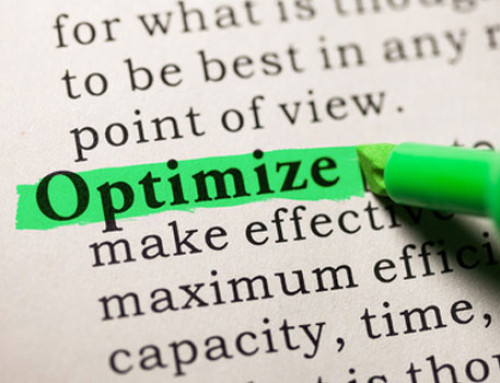It happens any time you decide to buy a home or condo – you get hit with hundreds of pages of paperwork to fill out and a series of closing costs that can leave you scratching your head. Some of the fees are quite straightforward – like the fee to pay your real estate agent – but some are less clear.
When you buy a home in an HOA, there are several common fees new owners are required to pay. One of the most common fees is a capital contribution fee.
No one likes to pay a fee without good reason – that’s why many new HOA members do a double-take when they see the words “capital contribution” included on their initial fee list.
What is Capital Contribution?
Sometimes referred to as a transfer fee, a new owner fee, or a working contribution fee, a capital contribution fee is defined as “an amount of money or assets given to a business or partnership by one of the owners or partners.” In other words, when you buy a home in an association, your capital contribution fee provides you equity (or gives you shares) within the HOA.
The good news is that many HOAs only ask their membership to pay the capital contribution fee only once in an HOA’s life, which is when the developer turn association control over to the members of the association.
However, some governing documents do specify that an additional contribution is due whenever a condo or home within the association is sold to a new owner. While we know it can be aggravating to have to pay one more fee on top of all your other closing costs, requiring capital contributions from new members is very common and a completely legal way for the association to add funds to their reserve fund.
What is a Reserve fund?
An HOA reserve fund is basically the association’s equivalent of a personal savings account. Since the association is a business and likely has amenities and other maintenance costs, those maintenance and repair costs are usually spread out over the course of several years (or even many years, depending on the repair in question).
The HOA is supposed to make specific contributions each year as a way of keeping the reserve fund up to date and to also match the recommendations found within the association’s reserve study.
The reserve study is the association’s “long-range capital planning tool that helps boards anticipate and prepare for the repair and replacement of their community’s common assets.” In order to determine the upcoming repair and replacement needs, a reserve study specialist comes every few years, measures the items the community is responsible for maintaining, and determines when they will need to be replaced.
This allows the community to avoid most, if not all, special assessments, since the money in a well-managed HOA should be there for upcoming improvements in most instances.
As a new owner, the capital contributions fee will be used as a way to keep up the reserve fund up to federal standards.
How are HOA finances regulated?
While HOA financial regulations vary depending on the circumstance in question and on state and local ordinances, there are some federal protections offered that are required by all HOAs. While explaining each of those requirements is beyond the scope of this article, one of the requirements does have to do with capital contributions specifically.
In order to protect the homeowners’ financial investments, the federal government requires HOAs to have reserve funds. The Federal Housing Association (FHA) requires that HOAs maintain, at minimum, an adequate reserve on deposit, including enough funds to cover all insurance deductibles, as well as the needed repairs and replacements for two years.
Capital contributions continually maintain the minimum amount for the association’s reserve funds and may help pay for the future maintenance of buildings, shared common spaces, amenities, and other costly improvements. As an added bonus, keeping the reserve fund amount high through the capital contribution fee usually means a lower annual assessment fee for the owners.
How Much Will I Pay?
It’s hard to give an exact number of what fee amount is reasonable because each HOA is different in size, age, state of upkeep, and state and local statutes can also affect the required capital contribution fee. A good rule of thumb is to expect your capital contributions fee to be about two to three times the amount of your HOA dues. The fee can fluctuate greatly from association to association.
While the fees are rarely fun to pay, the capital contribution fee is one of the best ways for the association to maintain and improve their owners’ quality of living.
If you have any questions or concerns about capital contribution fee, we encourage you to reach out to your HOA management company to clarify concerns and gain insight on how you can expect your money to be sent.
Spectrum Association Management is dedicated to providing the best HOA management experience possible. Visit our blog to learn more about how to make the most of living in your community.







